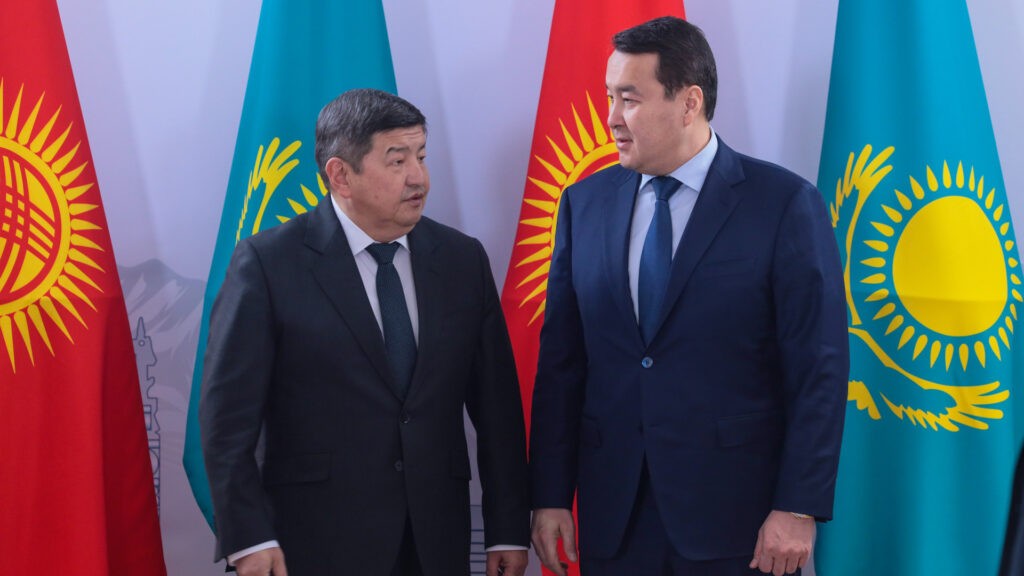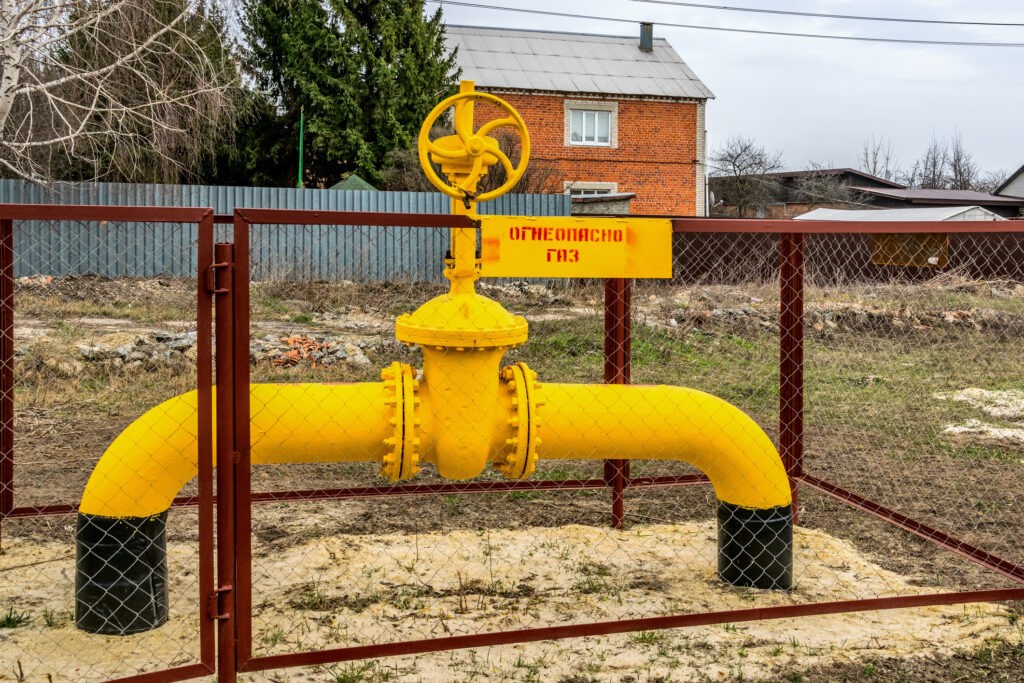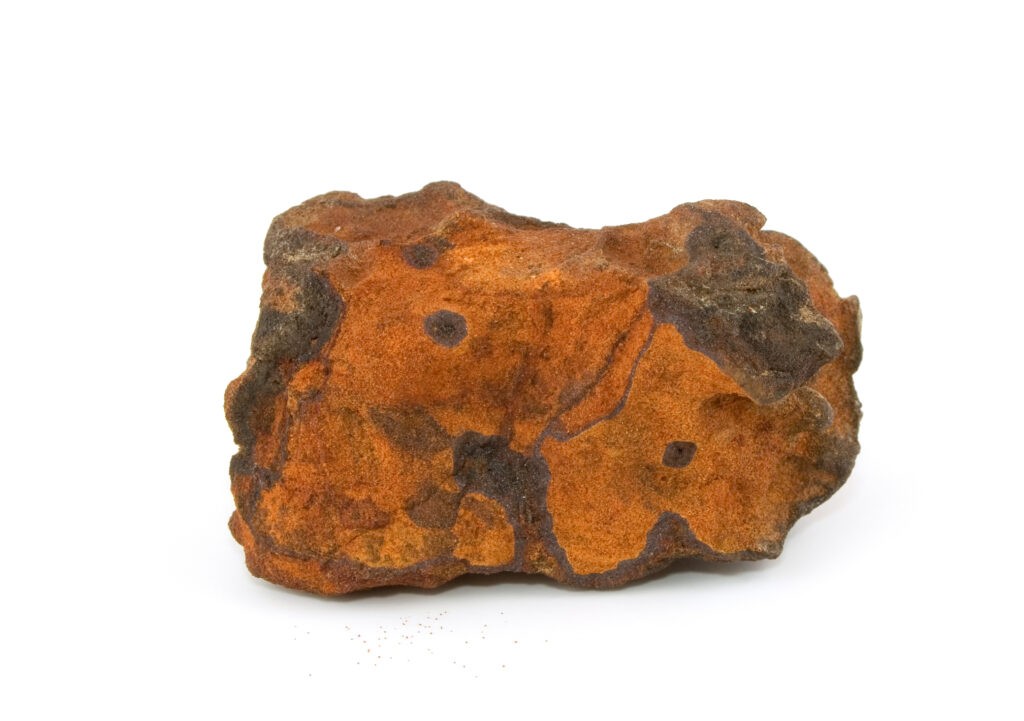Kazakhstan And Kyrgyzstan Address Border And Water Issues
Kazakhstan and Kyrgyzstan will be working together to open an additional checkpoint for goods vehicles on their countries’ border. They are also set to further their cooperation in the water and energy sectors. These agreements were reached at a meeting between the Kazakh prime minister, Alikhan Smailov, and the chairman of Kyrgyzstan’s cabinet of ministers Akylbek Japarov in Almaty on February 1st. Kyrgyzstan has complained for years about long lines at the Kazakh border for its cargo trucks bringing goods to Russia through Kazakhstan. The most recent big traffic jam occurred on the Kyrgyz side of the border in August 2023, when more than 600 trucks were stuck at the crossing. These delays were caused by Kazakh authorities carrying out enhanced checks on trucks entering the country from Kyrgyzstan, ostensibly to combat illegal border activity. However, the situation caused speculation that the jams were a result of a dispute over irrigation water resources between Kazakhstan and Kyrgyzstan. Irrigation water remains an issue in Kazakh-Kyrgyz relations. Last summer the southern regions of Kazakhstan experienced a severe shortage of water for their fields, while upstream Kyrgyzstan also lacked water and couldn’t supply enough of it to its northern neighbor. Kazakhstan, especially its dry southern regions, is dependent on water coming from Kyrgyzstan. At the meeting on February 1st Mr Smailov also spoke about the growing trade between the two countries, with bilateral trade growing by 12% and reaching $1.3bn between January and November 2023.






